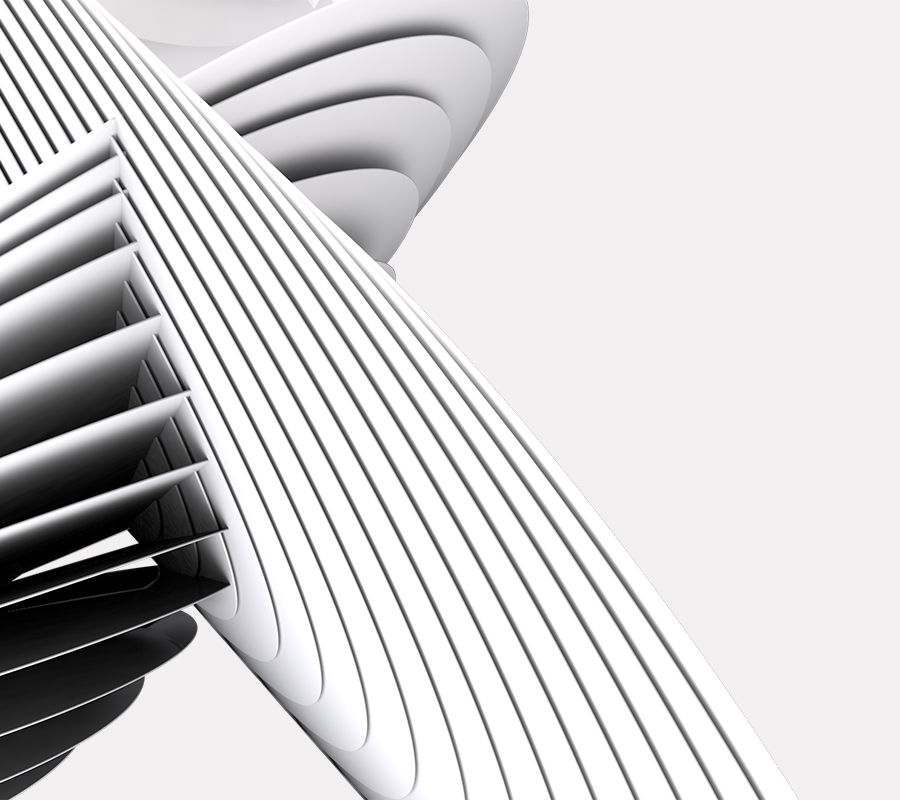Narrow your search
Key facts:
The ASA upheld complaints about a Facebook post and a website for artificial grass supplier Easigrass. The complaints concerned whether the claim that one of Easigrass’s artificial grass products was “fully recyclable”. The ASA investigated whether this statement was misleading or could be substantiated.
In response to the investigation, Easigrass argued that its product had an alternative backing which enabled it to be completely recyclable. It said that the company worked with recycling centres where the product could be recycled and intended to offer a recycling service to all customers in the future. The product was also more environmentally friendly than other competitor products which could not be recycled. Easigrass offered to remove the word “eco” from the product name and the wording “recycling” and “ticks all environmental boxes” from the adverts.
In its ruling, the ASA said that it had not been provided with sufficient evidence of the recyclable nature of the product and that there was a lack of existing UK infrastructure to recycle the product. The advert was therefore misleading.
The ASA also looked at the use of the word “eco” in the name of the product and the company’s claim that the product offered environmental benefits. It held that these claims reinforced the idea that the product was “eco-friendly” and would be interpreted by consumers to mean that the use of artificial grass would positively impact the environment. The ASA had not seen evidence of the product being “eco-friendly” across its full life cycle and therefore concluded that the adverts were also misleading in this respect.
The ASA told Easigrass that the adverts must not appear again in their current form. It also told Easigrass to ensure that its future marketing communications did not mislead as to the ease of recycling its products and did not imply its products were environmentally friendly if that was not the case.
ASA ruling


























